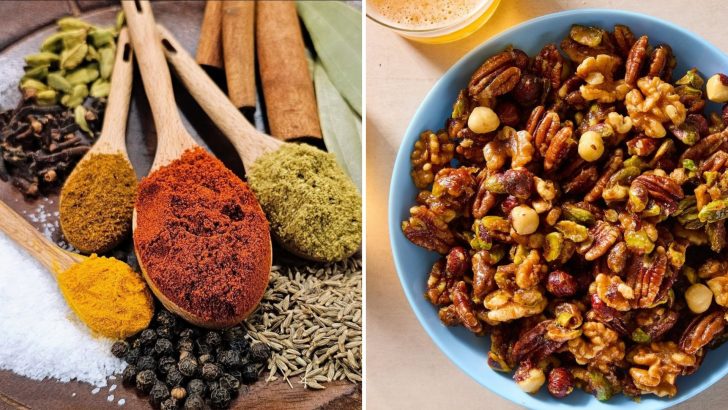Buying in bulk can be a great way to save money, but some foods don’t hold up as well as you might think. While certain items stay fresh for a long time, others spoil quickly or lose their quality over time, leaving you with more waste than you bargained for.
In this list, we’ll explore the foods that should stay off your bulk-buying list to avoid unnecessary spoilage and wasted dollars.
1. Bread
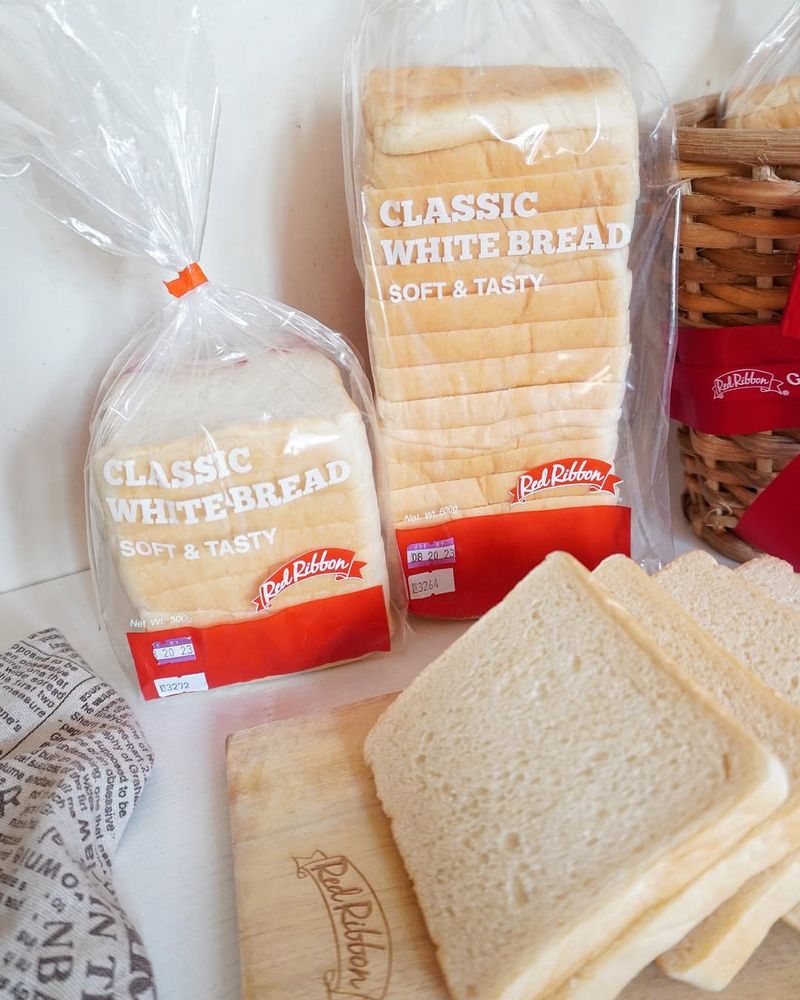
Bread is a treat, but it doesn’t last long before going stale. While freezing can help, it might change the texture. Buying in smaller quantities ensures you enjoy it at its peak. Storing it in a cool, dry place prolongs freshness a bit longer.
Consider your consumption rate before buying large quantities. Avoiding bulk purchases prevents wastage and ensures you savor every slice while it’s still soft and flavorful.
2. Spices
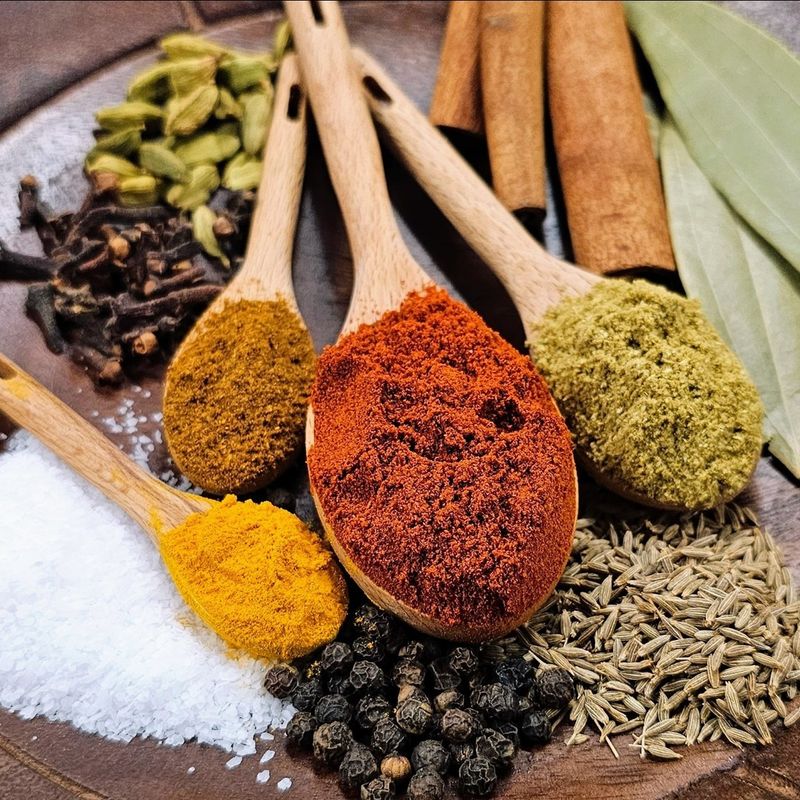
Spices lose their potency as time passes, becoming less aromatic and flavorful. Buying in small amounts ensures they stay fresh and vibrant.
It’s best to purchase just enough for a few months, as stocking up can result in dull, flavorless dishes. Rotating your spices keeps your meals bursting with taste while helping maintain an organized, efficient pantry.
3. Cooking Oils

Cooking oils can go rancid quickly once opened, with their shelf life shortening over time. Buying in large quantities increases the risk of spoilage before you can use them. Opting for smaller bottles ensures better freshness and flavor.
Storing oils in a cool, dark place helps extend their lifespan. Purchasing just enough for a month or two keeps your meals tasting their best, while preventing waste and maintaining quality in your cooking.
4. Flour
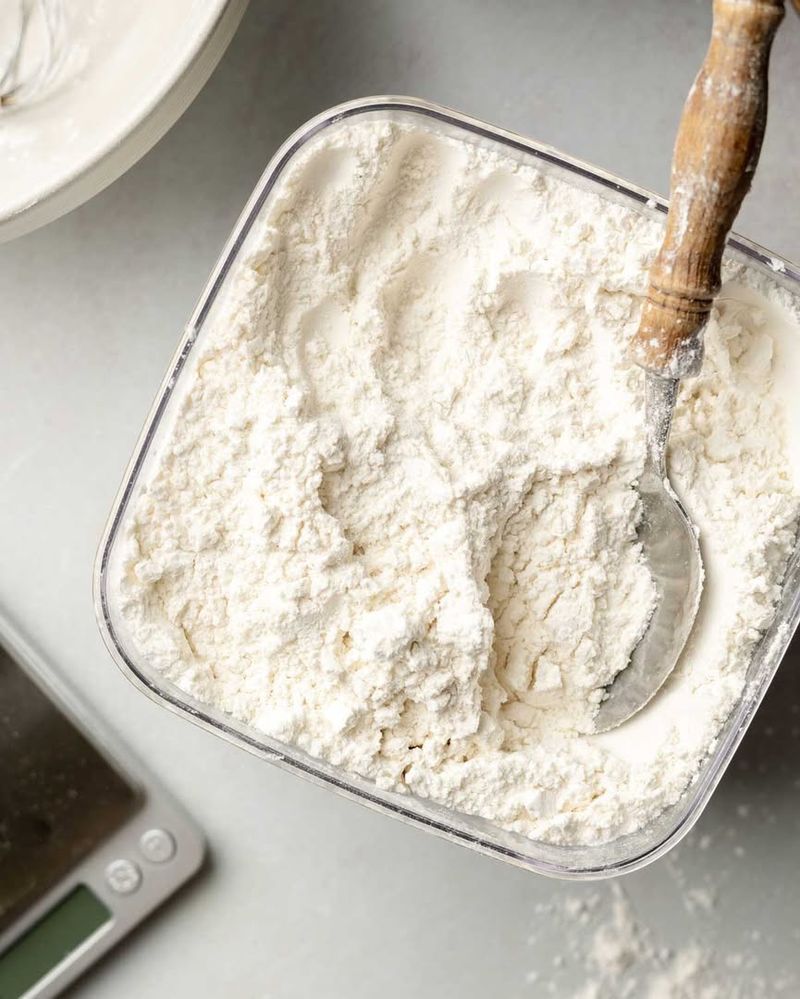
Flour may seem like a safe bulk item, but it can attract pests and go rancid. Moisture and heat increase these risks, affecting quality. Buying small quantities keeps baking results consistent. Store flour in airtight containers to prevent spoilage.
Fresh flour makes a noticeable difference in your recipes. This strategy minimizes waste and keeps your pantry pest-free. Prioritize quality over quantity when it comes to flour.
5. Nuts
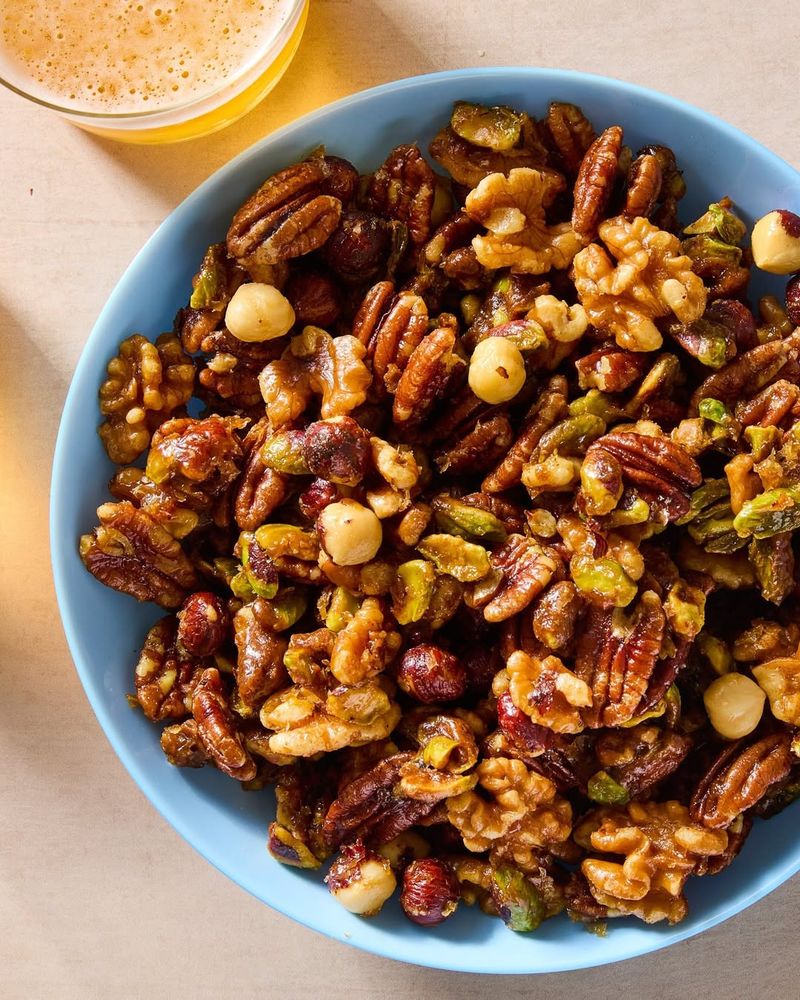
Nuts are rich in oils that can turn rancid when exposed to air, making bulk buying less ideal for maintaining freshness. Store them in airtight containers in a cool place to preserve their quality. If you eat them often, consider how quickly you go through them.
They elevate both snacks and recipes, and buying smaller amounts helps reduce waste while ensuring every handful remains crunchy and flavorful. Focus on quality and taste, not just savings.
6. Dried Herbs
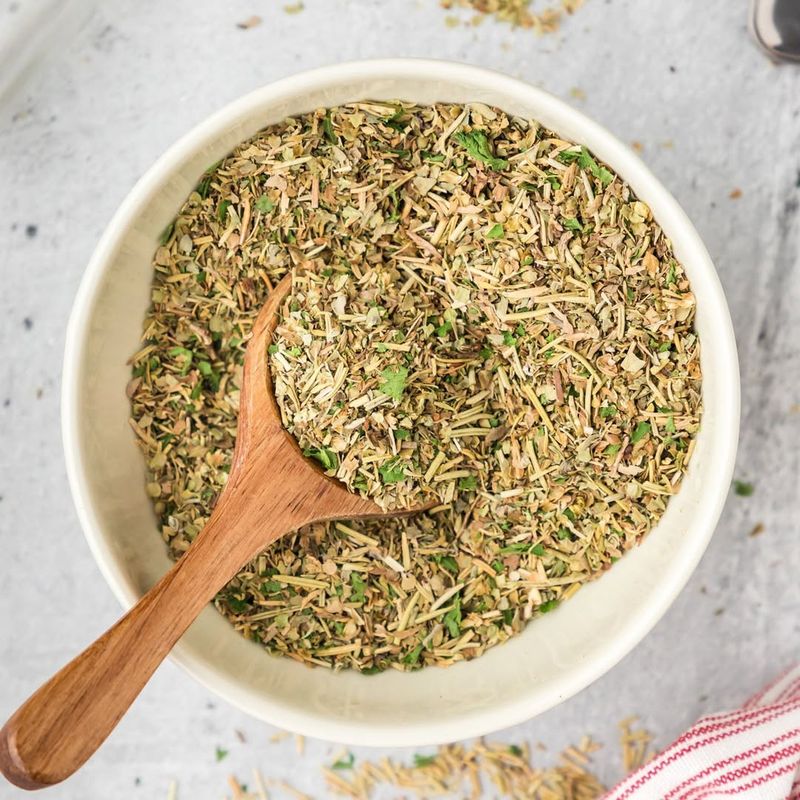
Dried herbs lose their flavor over time, and buying in bulk can lead to bland seasoning. Purchasing smaller amounts ensures they stay potent, adding a burst of flavor to your dishes. Storing herbs in airtight containers helps extend their freshness.
Regularly refreshing your supply keeps your meals full of vibrant, fresh flavors. Buying just a few ounces at a time is a practical way to avoid waste and maintain the quality of your seasonings.
7. Canned Vegetables
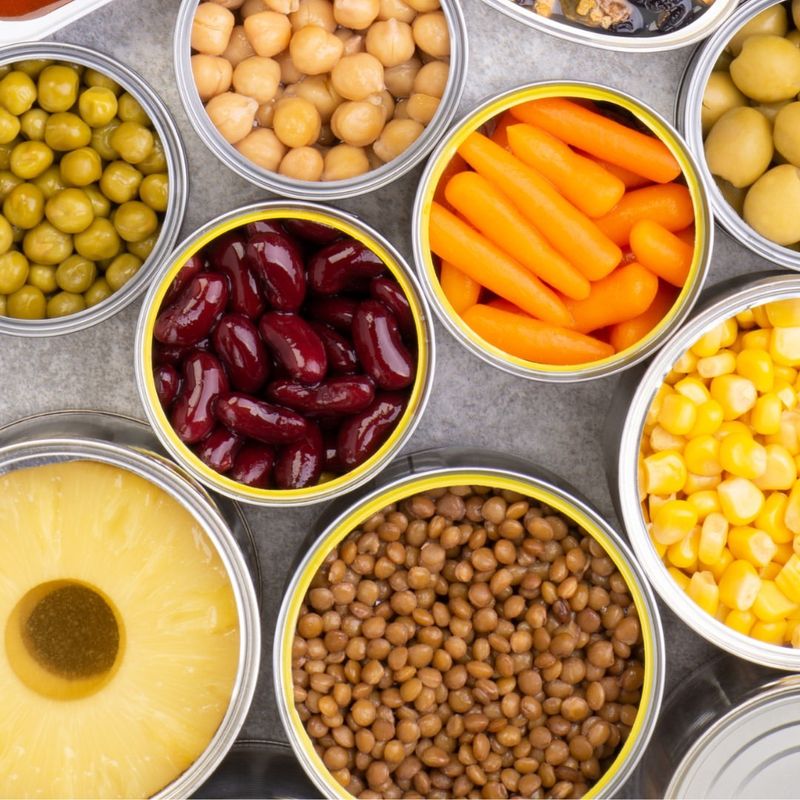
Canned vegetables might seem convenient, but they lose nutrients over time. If they’re not used up quickly, the quality may deteriorate over time, especially if cans are stored improperly.
It’s important to rotate your stock regularly and make sure the cans are stored in a cool, dry place to maintain their freshness and prevent any potential spoilage. Maintaining a balance between convenience and quality enhances your diet.
8. Cheese
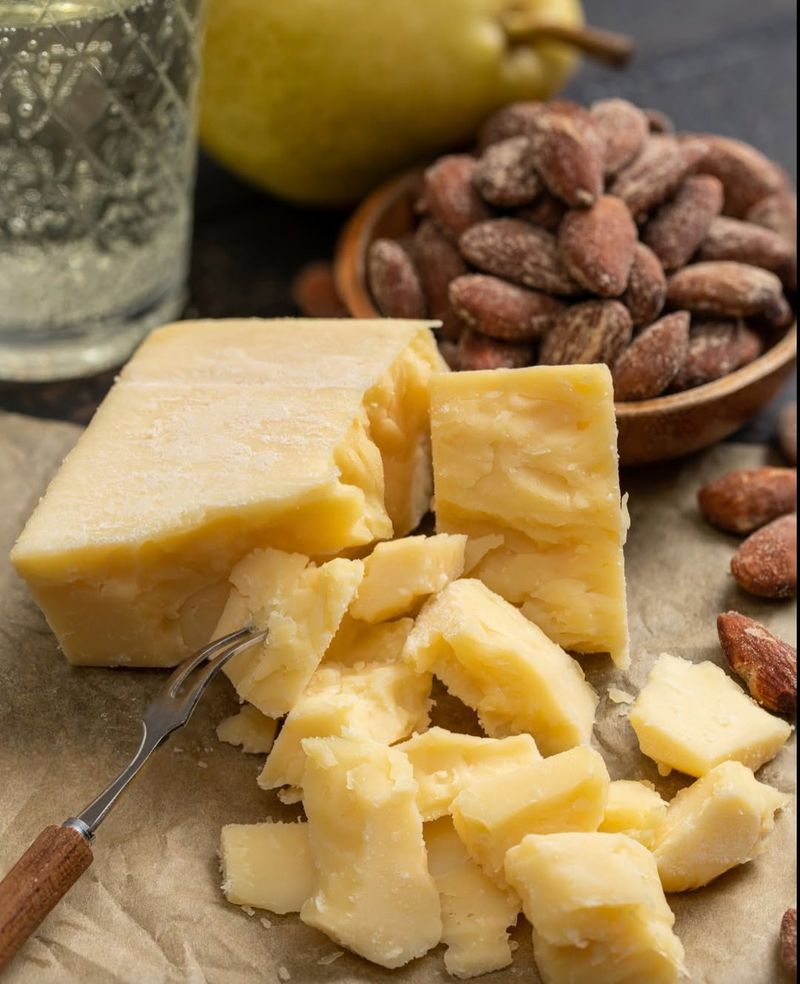
Cheese is a delicate treat that needs proper storage to stay fresh. Buying in bulk can lead to spoilage and mold. Opting for smaller portions helps preserve flavor and texture. Wrapping cheese in wax paper can extend its shelf life.
Regular purchases ensure each bite is as delightful as the first. This approach prevents waste, supports local producers, and enhances your culinary experience. When it comes to fine cheese, quality always outweighs quantity.
9. Coffee Beans
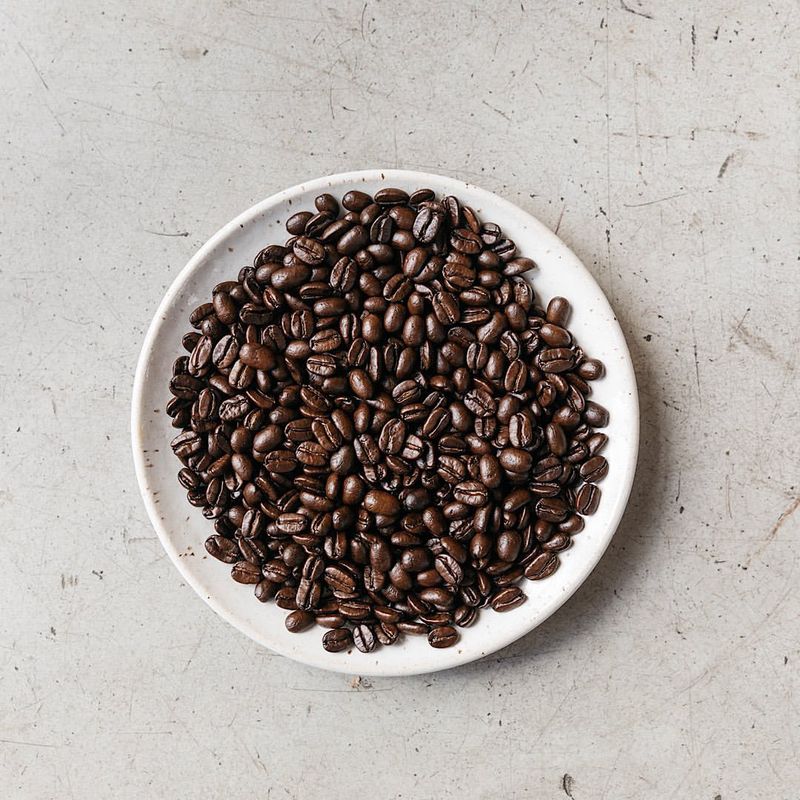
Coffee beans begin to lose their flavor soon after roasting, and buying in bulk can lead to stale brews. Purchasing smaller amounts ensures each cup is rich and aromatic. Store beans in an airtight container, away from light and heat, to preserve freshness.
Keep track of your daily consumption to avoid excess. Freshly roasted beans elevate the taste, making each morning’s coffee a perfect experience. Focus on flavor and freshness rather than convenience.
10. Baking Powder
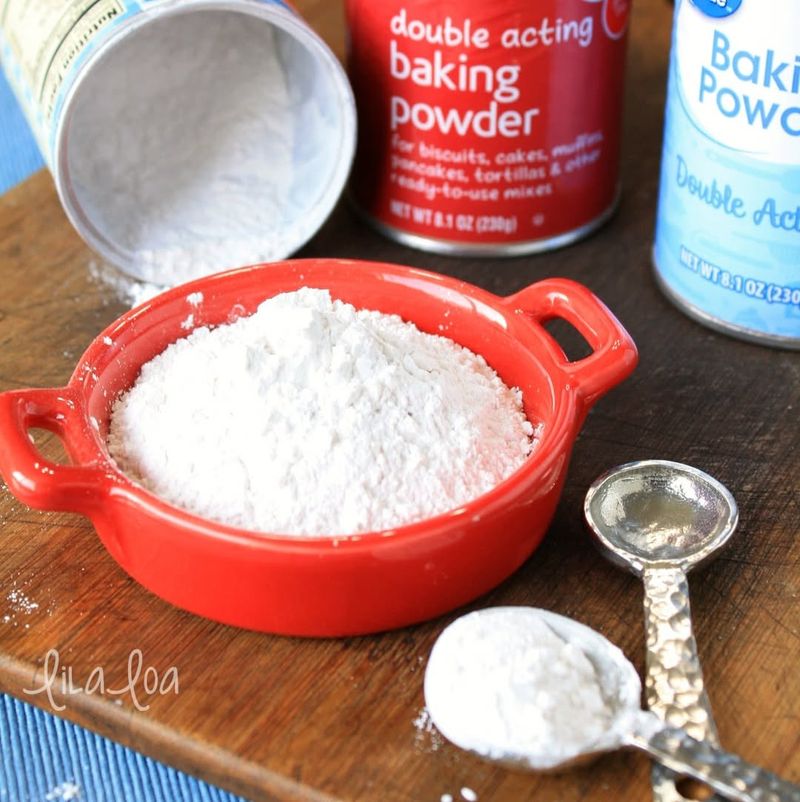
Baking powder is key to many recipes, but its effectiveness diminishes over time. Bulk buying can lead to flat, lackluster results. Opting for smaller containers ensures consistent performance. Regularly checking expiration dates helps maintain freshness.
Keeping it in a dry place can extend its shelf life. Fresh ingredients are essential for creating delightful treats. Avoiding bulk purchases ensures you preserve quality and taste.
11. Frozen Vegetables
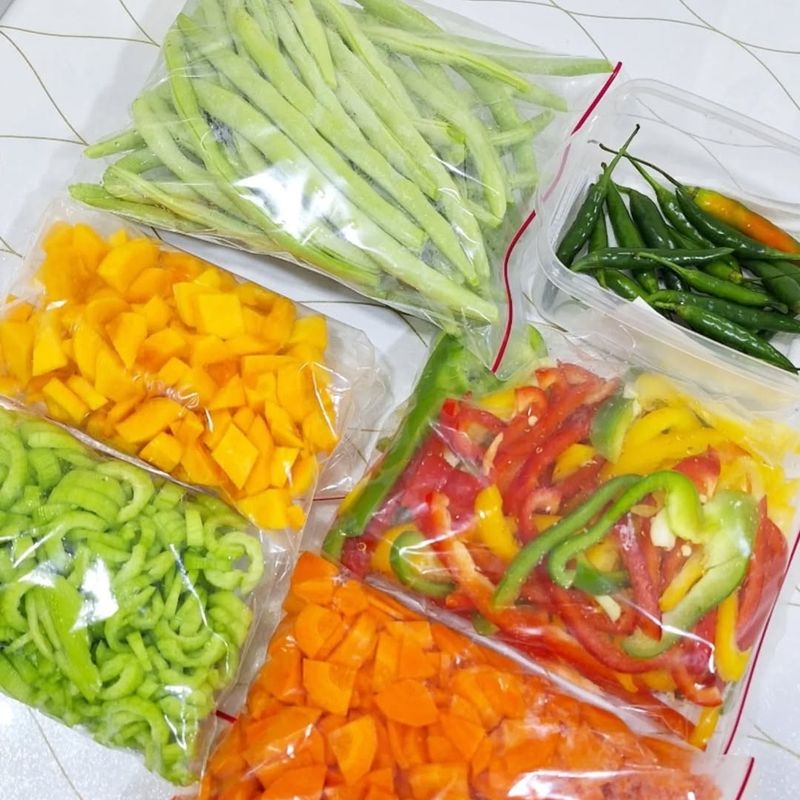
Frozen vegetables are a convenient kitchen staple, but buying too many can lead to freezer burn, affecting both flavor and texture. Smaller quantities help maintain their freshness, ensuring better taste and nutrition.
Regularly rotating your stock prevents waste and keeps your freezer organized. Storing vegetables properly, in airtight containers, helps preserve quality and nutrients. By balancing convenience with freshness, you can enjoy healthy, delicious meals.
12. Cereal
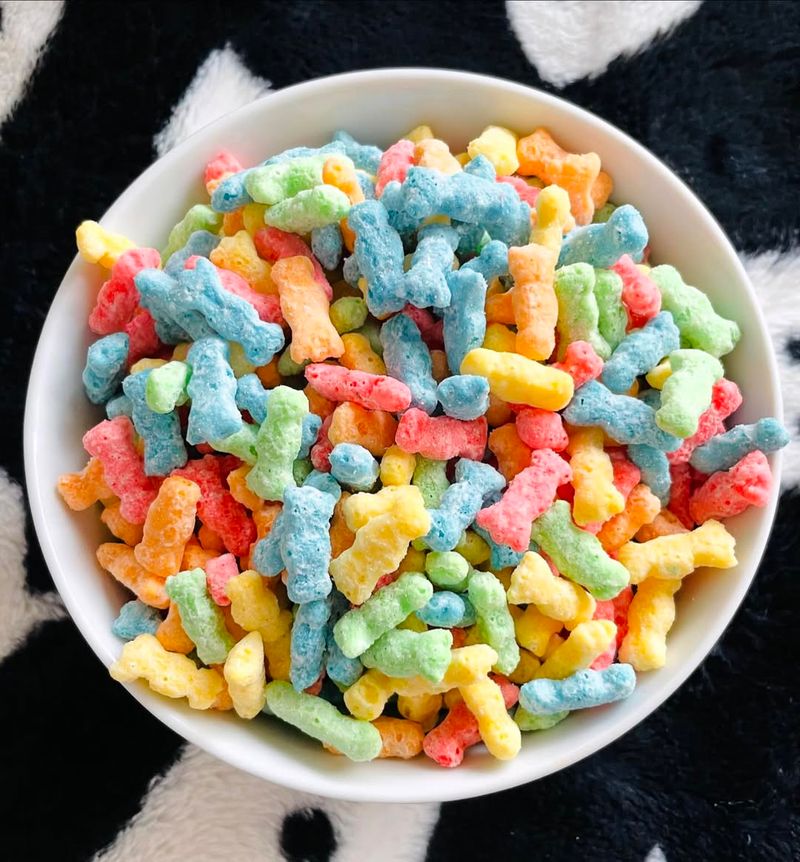
Cereal tends to lose its crunch quickly, especially in humid climates, and buying in bulk can lead to soggy, unappealing breakfasts. Smaller boxes help keep it fresh and crunchy. Storing cereal in an airtight container extends its shelf life, preserving both texture and flavor.
It’s important to consider your family’s consumption habits before making a purchase. This thoughtful approach ensures every bowl is as delicious as the first.
13. Fresh Produce
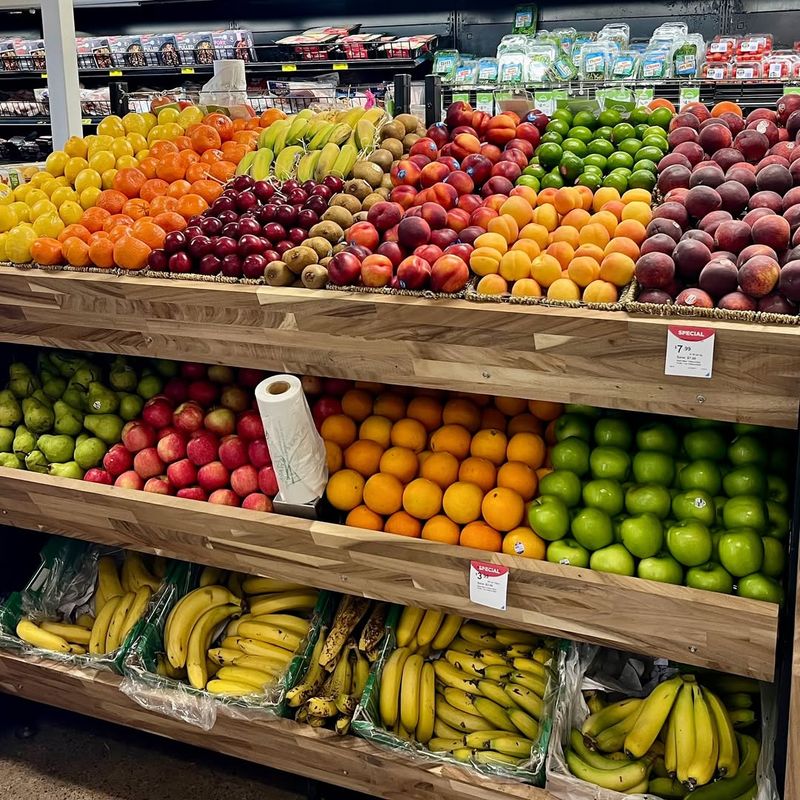
Fresh produce is at its peak when consumed soon after purchase. Buying in large quantities can lead to spoilage and unnecessary waste. Opting for smaller amounts keeps your fruits and vegetables fresh and flavorful. Focus on seasonal produce and plan your meals around what’s available.
Proper storage techniques can help extend the life of your produce. This strategy not only reduces waste but also brings variety to your meals. Plan your purchases alongside weekly meal prep to maintain optimal freshness.
14. Meat
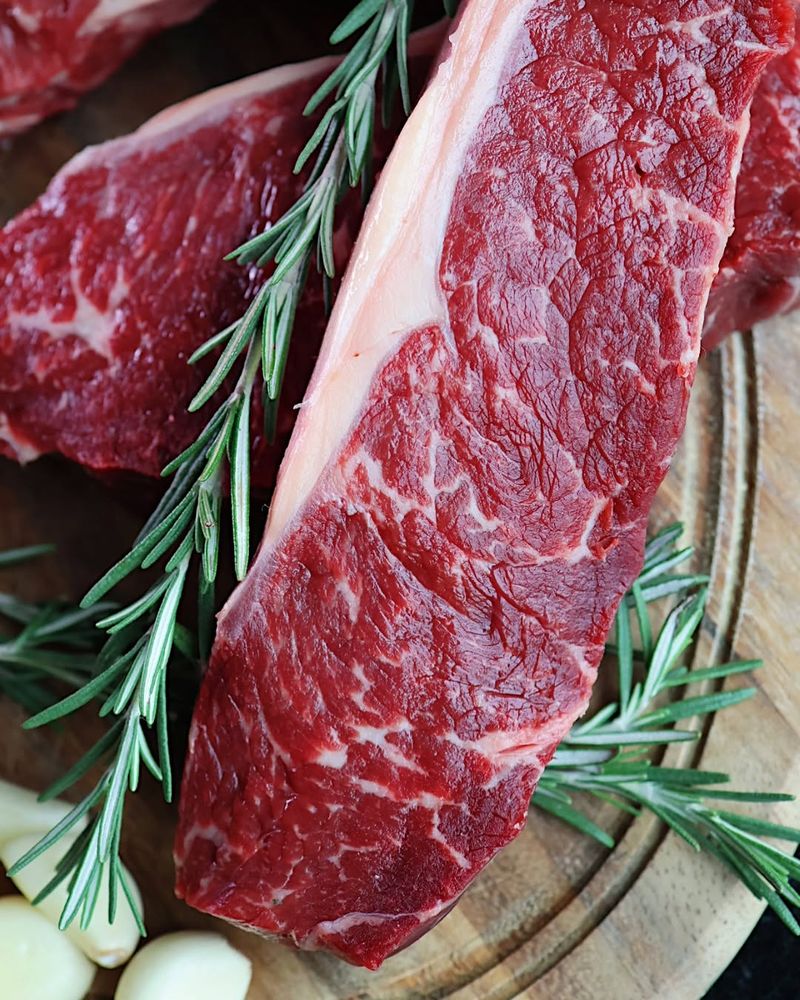
Meat spoils quickly if not stored correctly, and buying in bulk can lead to freezer burn and a loss of flavor. Opting for smaller portions helps maintain its freshness and taste. Take your family’s dietary needs into account before purchasing.
When buying meat, prioritize freshness over savings to ensure the best flavor. Enjoying meat at its peak enhances your dining experience and supports both taste and health.
15. Yogurt

Yogurt has a limited shelf life, so buying in bulk can lead to waste. Opting for smaller quantities ensures you enjoy it at its freshest. Keep your family’s preferences and consumption rate in mind when purchasing. Storing yogurt in the fridge helps maintain its quality.
Fresh yogurt is perfect for breakfast and snacks, offering both taste and nutrition. Thoughtful purchasing supports better flavor and nutrition, ensuring you enjoy yogurt at its best.
16. Crackers
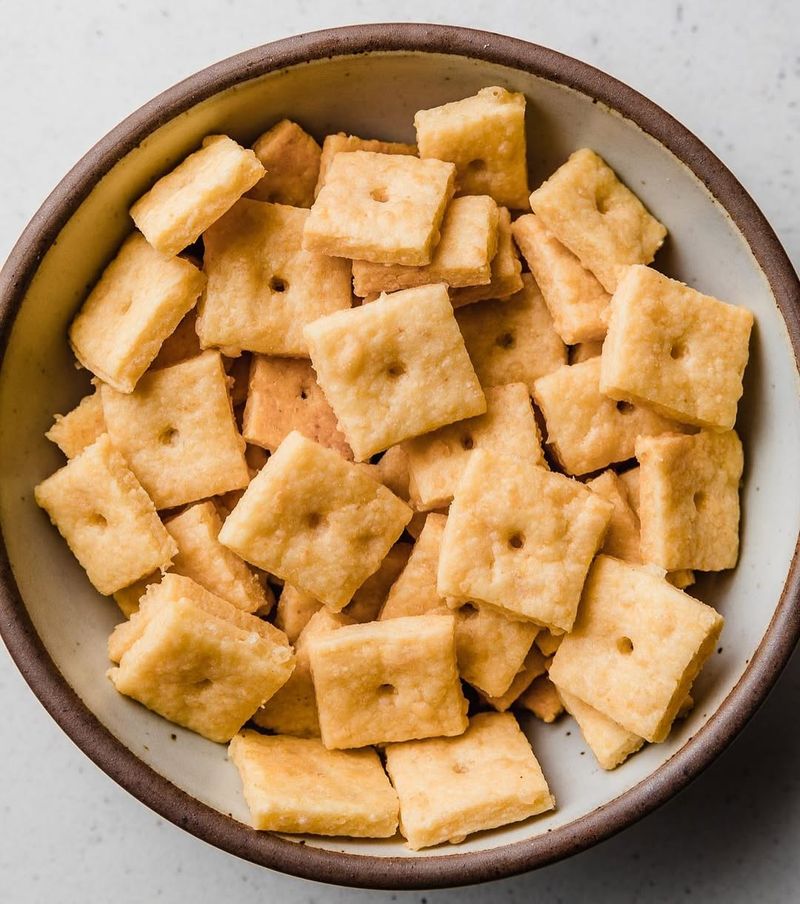
Once opened, crackers lose their crispness quickly, and buying in bulk can lead to stale snacks. Opting for smaller boxes guarantees each bite stays crunchy and satisfying. Keeping crackers in an airtight container helps maintain their freshness for longer.
High-quality snacks enhance your snacking experience, making it more enjoyable. Mindful purchasing supports both taste and enjoyment, making every snack worth it.
17. Sweets And Chocolates
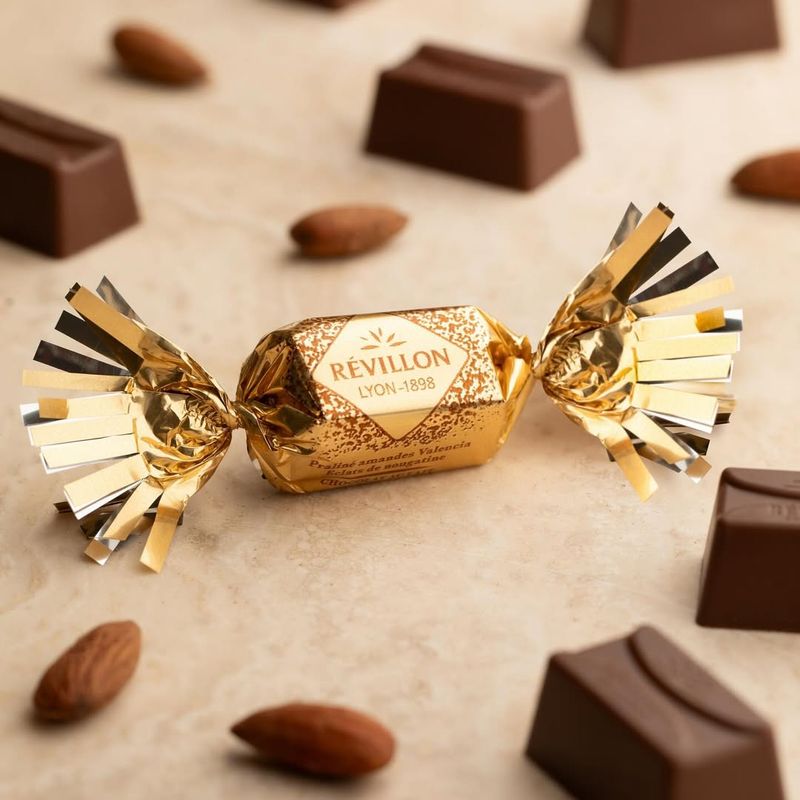
Sweets and chocolates are a tempting indulgence, but buying in large amounts can lead to a decline in quality. Opting for smaller portions helps keep them fresh and flavorful. Keeping them in a cool, dry place preserves their taste and texture. This method reduces waste while enhancing your enjoyment.
High-quality treats elevate any occasion, making it even more delightful. Mindful purchasing improves both flavor and satisfaction, allowing you to enjoy your treats at their best.

